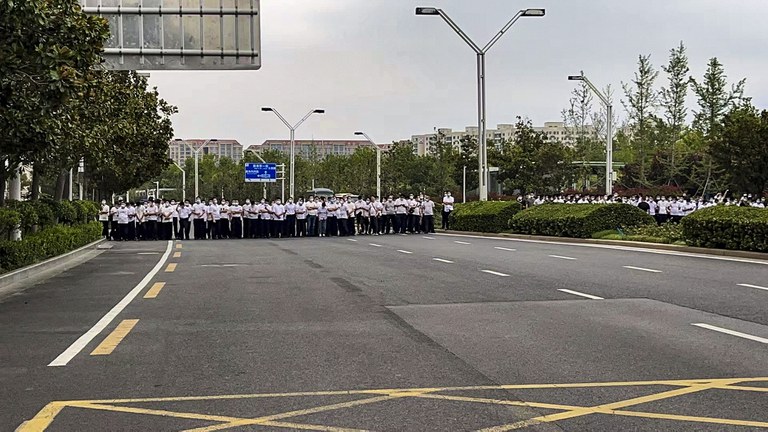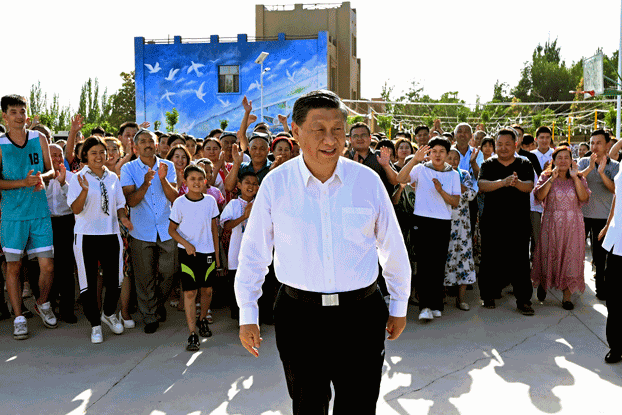China angry at reported Pelosi Taiwan visit as plan questioned in US
China has once again lashed out at the reported plans by the U.S. Speaker of the House of Representatives Nancy Pelosi to visit Taiwan, warning Thursday of countermeasures even after President Joe Biden said the U.S. military thinks such visit is “not a good idea.” Chinese Foreign Ministry spokesperson Wang Wenbin said at a news conference in Beijing that China holds a “stern position on firmly opposing” the visit. “If Speaker Pelosi visits Taiwan, it would seriously violate the one-China principle and harm China’s sovereignty and territorial integrity and the political foundation of China-US relations,” Wang said. “If the U.S. insists on going its own way, China will take strong measures to firmly respond and take countermeasures. We will walk the talk,” the spokesperson stressed. On Wednesday, when asked about Pelosi’s prospective trip, President Biden said “I think that the military thinks it’s not a good idea right now.” “But I don’t know what the status of it is,” he added. Pelosi’s office meanwhile declined to comment on Pelosi’s international travel in advance due to longstanding security protocols, according to the Associated Press. Britain’s Financial Times newspaper reported earlier this week that Pelosi is to make a trip to Taipei in August after failing to visit the island in April because she had COVID. If Pelosi makes the trip it would be the first time since 1997 that a U.S. House speaker visited the island, which is democratically ruled but claimed by China as its own territory. One-China policy Taipei has been quiet on talk about Pelosi’s visit with the island’s Ministry of Foreign Affairs spokeswoman Joanne Ou insisting that her ministry has not received any information about a planned visit. Taiwan, however, “always welcomes visits by American congresspersons to the country,” she told reporters on Thursday. Meanwhile, the former U.S. Defense Secretary Mark Esper, who has been visiting Taiwan since Monday said that China should not be allowed “to dictate the travel schedules of American officials.” Esper, who held office from 2019 to 2020 under former U.S. President Donald Trump, said that he believes that Washington’s one-China policy has “run its course” and should be “updated and modernized.” It is important that the U.S. government develops a fresh perspective regarding its cross-Taiwan Strait policy, Esper said at a press conference in Taipei. Beijing has long reacted strongly to any sign of support given to Taiwan but the U.S should not allow China to arbitrarily expand “the scope of activities translated as supporting Taiwan independence, and by that defining the scope of the U.S. one-China policy,” said Norah Huang, associate research fellow at the Prospect Foundation, a Taiwanese think-tank. “If applying over-generous self-restrictions as it has been the case, it also would encourage the Chinese government to play the nationalist card. This is not helpful for nurturing an understanding civil society which may grow as China develops,” she added.







